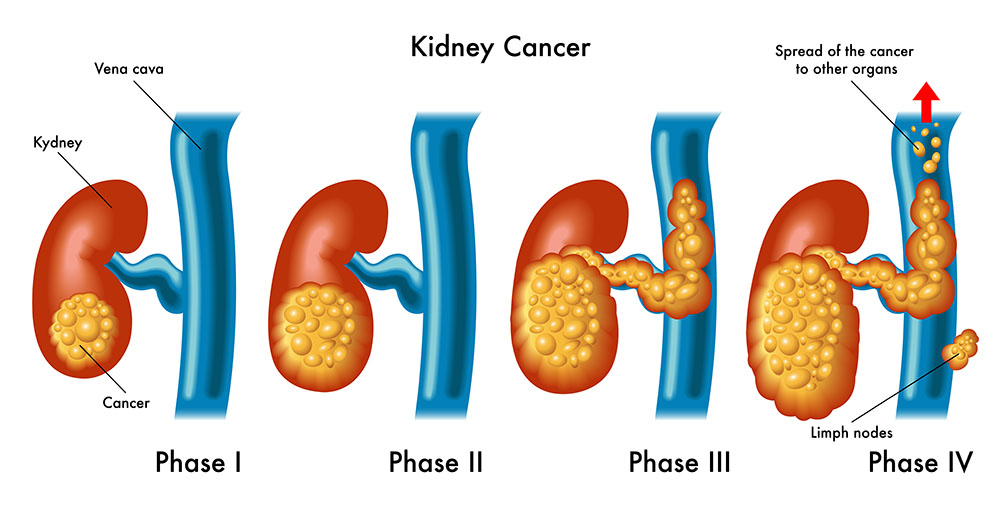New Year Sale upto 55% Off
Shopping Cart
Great medicine with best rxmedilife branded, 100% genuine pharmacy
New Year Sale upto 55% Off
Great medicine with best rxmedilife branded, 100% genuine pharmacy

When faced with a serious diagnosis like advanced renal cell carcinoma (kidney cancer) or soft tissue sarcoma, patients and their loved ones often find themselves navigating a complex world of treatment options. One medication that may come up in these discussions is Votrient (pazopanib), a targeted therapy designed to slow the growth of cancer cells. If you or someone you care about has been prescribed Votrient, you might be wondering: What does it do? What should I expect? And what are the trade-offs? Let’s break it down.
Votrient is an oral medication classified as a tyrosine kinase inhibitor (TKI). In simpler terms, it’s a drug that interferes with specific proteins (enzymes) that cancer cells need to grow and spread. By blocking these signals, Votrient helps to slow the progression of certain cancers, particularly advanced kidney cancer and some types of soft tissue sarcoma. It’s not a cure, but it can extend the time before the disease worsens, offering patients valuable months or even years.
Approved by the FDA in 2009, Votrient has become a key player in cancer treatment, often prescribed when surgery isn’t an option or after other therapies have been tried. It’s typically taken once daily, with a standard dose of 800 mg, though your doctor may adjust this based on your specific needs.

The primary benefit of Votrient is its ability to slow cancer progression. Clinical studies have shown that it can significantly delay the growth of tumors in patients with advanced renal cell carcinoma, giving them more time before the disease advances. For those with soft tissue sarcoma, it’s been shown to stabilize the condition in cases where other treatments haven’t worked.
Beyond the numbers, this delay can translate into more time with loved ones, more opportunities to explore additional treatments, or simply a better quality of life for a while longer. For some, Votrient also offers the convenience of being an oral medication no need for frequent hospital visits or IV infusions, which can be a relief amidst the chaos of cancer care.
Like most powerful medications, votrient price comes with a range of potential side effects. Not everyone experiences all of them, and their severity can vary, but it’s good to know what might come up so you can prepare and work with your healthcare team.
The key is communication. If side effects become overwhelming, your doctor might adjust the dose or suggest ways to cope, like anti-nausea meds or skincare tips for hand-foot syndrome.

Starting Votrient isn’t like flipping a switch it’s a process. You won’t feel dramatic changes overnight, and the goal isn’t to eliminate the cancer entirely but to slow its march. Some patients see their tumors shrink or stabilize for months, while others might not respond as well. Your experience will depend on factors like your overall health, the cancer’s behavior, and how your body tolerates the drug.
It’s also worth noting that Votrient requires consistency. You’ll need to take it on an empty stomach (at least one hour before or two hours after a meal) to ensure it absorbs properly. Missing doses or taking it with food can reduce its effectiveness, so sticking to the routine is crucial.
Emotionally, the journey can be a rollercoaster. The hope of slowing the disease might come with anxiety about side effects or uncertainty about how long it’ll work. That’s normal. Lean on your support system whether it’s family, friends, or a cancer support group and keep an open line with your doctor.
Votrient isn’t a miracle drug, but it’s a tool one that’s helped many people facing advanced cancer gain more time and maintain some control over their lives. Understanding its benefits and side effects can empower you to approach treatment with realistic expectations and a proactive mindset. It’s not an easy road, but with the right information and support, you can navigate it.
If you’re starting Votrient or considering it, talk to your oncologist about what it could mean for you. Every cancer journey is unique, and your care team is there to tailor the plan to your needs. Here’s to strength, hope, and making the most of every day.